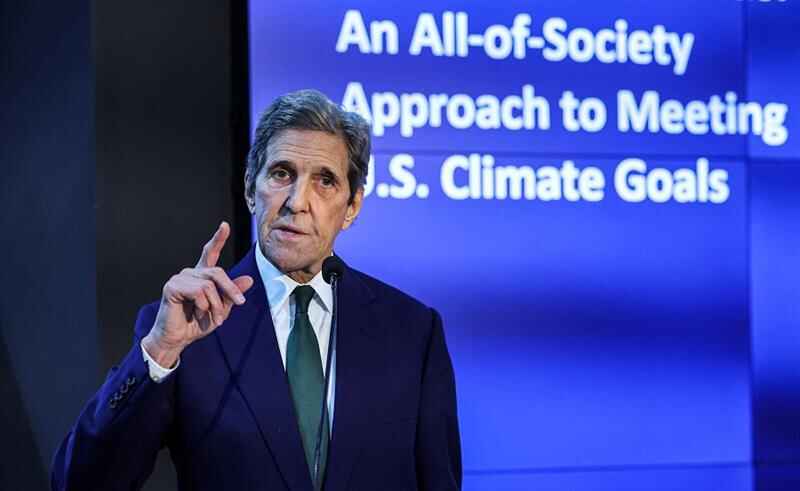
The United Nations Climate Change Conference COP27 which was completed less than a month ago in the Egyptian town of Sharm el-Sheikh sparked a lot of discussions on whether it brought any actual progress toward the sort of climate action required to restrict climate crisis and environmental degradation. As the second most attended climate summit of all years, with more than 33,000 delegates and a record number of attendees from African countries and small island states, the expectations were set high. However, the outcomes were a mixed bag, with the geopolitical tensions overshadowing the very purpose of the COP. With the focus directed toward the US and China after the suspension of their climate cooperation in the mid of this year, the meeting between the Chinese President Xi Jinping and US President Joe Biden was not very promising.
If there is something for which this summit will stay in history is the decision to set up a new fund for “loss and damage”, marking an important victory for the developing countries that have been the victims of climate disasters, while carrying the least responsibility. In particular, the Loss and Damage Fund aim to support climate-vulnerable countries in recovering from climate-related disasters and further damages. Although the establishment of such a fund is a critical moment for both states and the international community, there are still many questions to be answered on how it will operate in practice and who will contribute to its funding.
Among the failures of this year’s COP is that no progress was succeeded on the reduction of greenhouse gas emissions. Far from what countries agreed in last year’s summit in Glasgow concerning the amendment of their plans in case they could not achieve the goal of maintaining the earth’s temperature increase below 1.5°C only a few countries gave updates on reaching the decarbonization targets by 2030. In particular, the ambitious but urgent goal to limit global warming to well below 2°C was set by the Paris Agreement, a legally binding international treaty, adopted in 2015. In an attempt to reach this long-term goal, the next year’s COP28 is expected to mark the completion of the first Global Stocktake, a mechanism that aims to ensure the implementation of the Convention.
The issue of food security was also raised during COP27, shedding light on the interconnection between the food crisis, climate change, and the destruction of the environment. In fact, according to scientists, the systems of food production have been ranked in third place for human-caused greenhouse gas emissions. However, the four-year program that the summit decided to implement with the aim to find solutions to the effects of climate change on agriculture and food security raises questions on whether such a decision reflects the urgent reality.
What is even more disappointing for COP27 is that while the world’s future is at stake and important discussions were taking place, the Egyptian government was accused of abusing the basic rights of climate activists and civil society, like their right to freedom of expression and peaceful participation. According to reports, during the COP27 participants have been subjected to intimidation, harassment, and surveillance, which challenges the success of the summit.
By The European Institute for International Law and International Relations.














